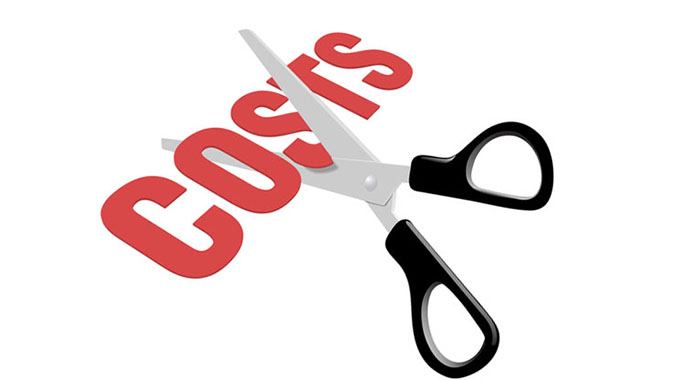Source: Govt targets 10pc growth in exports | Herald (Business)

Michael Tome Business Reporter
Government is determined to ongoing reforms to facilitate growth in exports of goods and services by at least 10 percent annually from about US$4,5 billion currently to US$7 billion by 2023, a Cabinet Minister said.
Foreign Affairs and International Trade Minister Dr Sibusiso Moyo, said this while addressing delegates to the ZimTrade Annual Exporters’ Exporters Conference, which was held in Bulawayo yesterday.
Running under the theme “Rethink, Reform and Export”, the conference’s objective was to foster ways to grow exports to secure foreign currency while also containing the county’s trade deficit.
In line with the devolution drive by the Government, the conference was held in Bulawayo bringing together the Government, local exporters, industry players, academia, researchers and sector experts to discuss best approaches to addressing challenges faced by local businesses.
“The main strategic goal is to increase total exports of goods and services by at least 10 percent annually from around US$4,5 billion in 2018 to US$7 billion by 2023, and to US$14 billion by 2030.
“The country needs to increase value added exports and companies need to be supported in every way possible to competitively produce for export.
There is need to inculcate and entrench an export culture among our enterprises across the sectors,” said Minister Moyo.
He said his ministry hit the ground running putting in place necessary exemptions of permits on some products to reduce time spent by exports in transit given that some of the produce is perishable.
Furthermore, he indicated that initiatives were being formulated to extend the bracket of exempted exports particularly the non-strategic agricultural produce.
He said, “I am happy to report that action is being taken by some departments, with the National Biotechnology Authority having suspended indefinitely the requirement for GMO certification permits on horticulture exports.
“Engagements are ongoing on some recommendations particularly on the issue of export permits for non-strategic agricultural commodities such as horticulture products.
“He implored other arms of Government and other critical areas of authority to step up towards the creation of a relaxed business environment that is investor friendly thereby restricting barriers causing the country to be ranked poorly on the competitiveness index.
“Government and business alike need to rethink the way we have been operating and how we can all contribute towards making the environment around us conducive to do business.
“In line with current efforts to revive the economy, the theme: ‘Rethink. Reform. Export’ resonates very well with the urgent need for ease of doing business reforms to address an array of issues affecting exporters.
“The rethinking process will also allow us to self-introspect and identify areas where we have been found wanting and where our actions are hindering the growth of exports,” said Minister Moyo.
This year’s edition of the exporters’ conference was graced by regional and international buyers from countries that include Botswana, Democratic Republic of Congo (DRC), Namibia, Mozambique, United Arab Emirates (UAE) and United Kingdom.
The post Govt targets 10pc growth in exports appeared first on Zimbabwe Situation.



